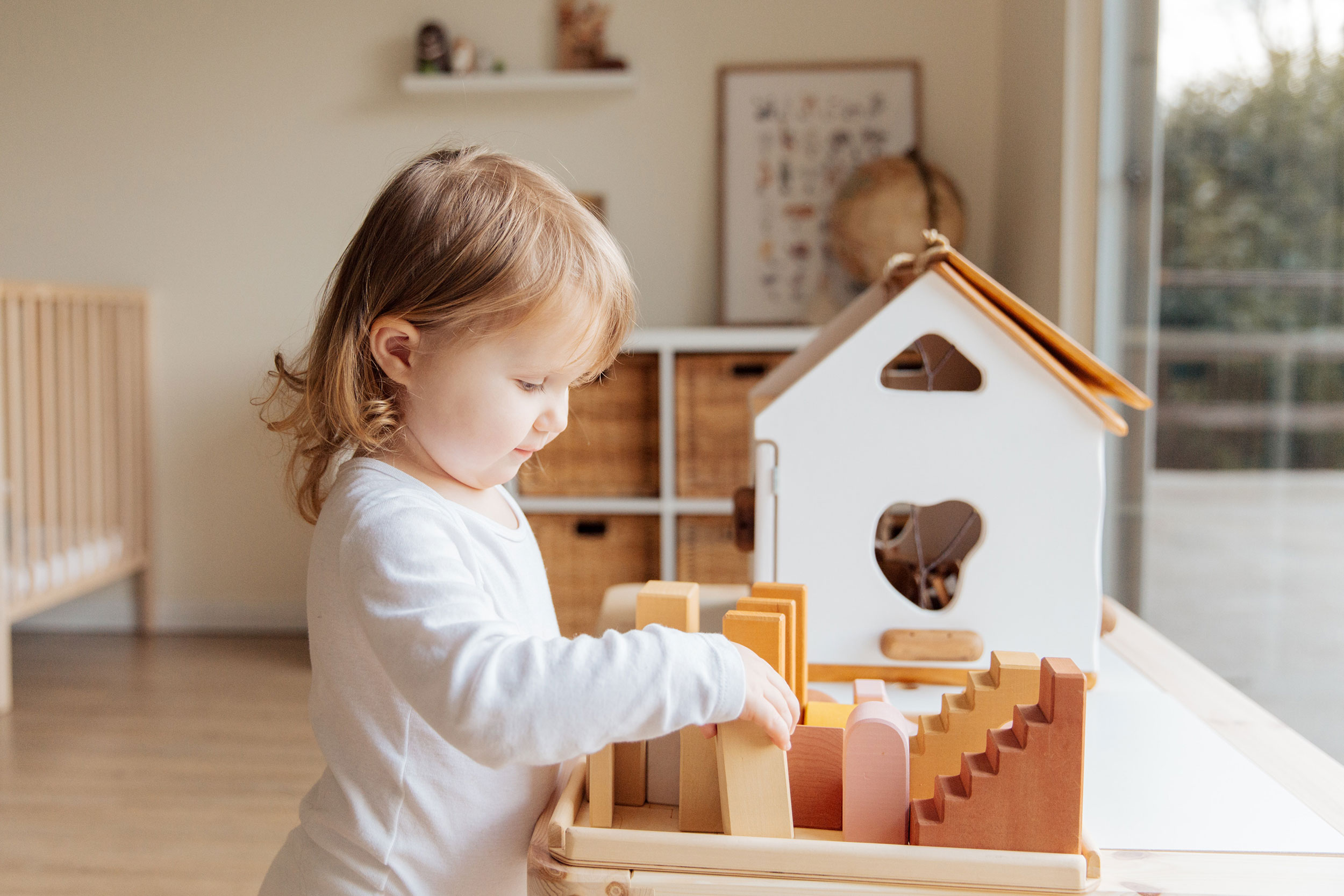Who Gets the House in a Divorce with Children?
If you are getting a divorce and you have children, the question of what happens to the family home becomes more complicated. If you cannot agree and you ask the Court to decide, the Court will make a ruling based on the child’s best interests.
We're rated 4.8





on


What happens to the house on divorce?
Getting a divorce is always difficult, especially if you share a child with your spouse. Many ask the question “I don’t want to sell the family home; can I remain living here?”. That is usually a very difficult question to answer, as it all depends on the circumstances.
In many cases, the family home is the most substantial asset available. You and your ex-spouse may be able to decide what happens to it, without any input from the Court.
However, if you cannot reach an agreement, you may have to make an application to the Court instead. The Courts in England and Wales look to divide the ‘matrimonial pot’ in order to meet the needs of both parties. However, if you and your ex-spouse have a child (or children) together, then the Court's primary concern will be to meet your child’s needs.
Get in touch with our experts today for free, no obligation legal advice
If I am the main carer for the children, can I stay in the house?
As the main carer for the children, the Court may decide to keep you in the family home to ensure minimal disruption for the children, should you wish to remain living there. The Court may take this course of action, even if your spouse wants to sell the property. The Court can order a number of different things, including:
- The transfer of the property in to the sole name of one party; or
- The sale of the property be deferred until the youngest child reaches 18 years of age.
In some cases, the above may not be achievable. The Court will look at the asset pot to determine how the needs of you, your ex-spouse and your children can be met. They will not seek to tie one party into a mortgage of a property that they do not reside in, although this may be the only option to ensure stability for the children.
It is important that you get legal advice to discuss your options based upon your individual circumstances.
What happens if we want to share the care of the children
If you are sharing the care of your children, then this may impact the Court’s decision when it comes to the division of assets. This is because the Court would look to place the parties in an equal position, thereby ensuring that the children have a similar standard of living with each parent.
Get in touch with our experts today for free, no obligation legal advice
Joint mortgage – do I still have to pay if I have moved out?
Yes – if you have a joint mortgage with your spouse, you are both responsible for paying the mortgage. Should you have vacated the property on separation, you may have reached an agreement with your spouse as to who should be responsible for the mortgage. This does not necessarily have to be a 50/50 split.
However, should one party fail to pay their ‘share’, this could leave the other having to discharge the monthly payments. Both parties will otherwise be held liable for the default, despite your share being paid. It is important to address this as soon as possible, as defaulting on a mortgage can have damaging results on your credit rating and future borrowing ability.
Speak to our divorce solicitors
What happens to the family home is often one of the most contentious issues that can arise during divorce. Our divorce solicitors can outline the options available to you, helping you to reach an arrangement that meets the needs of both you and your children.
Call one of our family law and divorce specialists for a free no-obligation initial appointment to discuss your circumstances.
Get in touch with our experts today for free, no obligation legal advice
